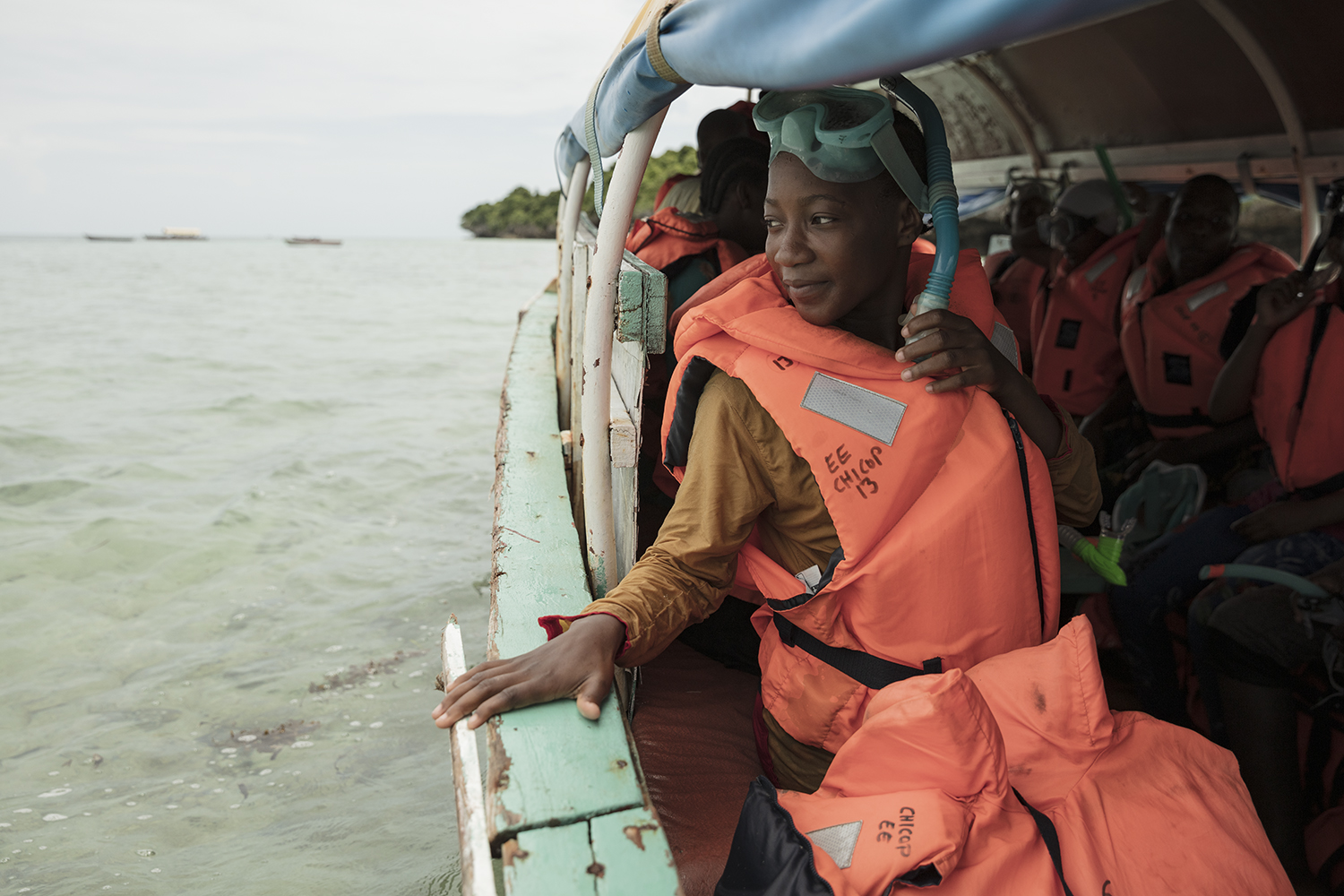Has your tourism destination or business put in place sustainability measures?
If you have experience working on sustainability efforts and would like to share your insights, our partner TrainingAid publishes case studies from tourism professionals so others can learn from them.
TrainingAid, which provides training for industry professionals to strengthen sustainable tourism, is looking for examples of sustainability covering topics such as action plans, stakeholder engagement, staff training, supply chain management, and reporting.
Sharing examples of well-managed, responsible, and sustainable tourism that supports protected areas is LT&C’s mission. So we are happy to align with TrainingAid’s goal to inspire industry colleagues to adopt sustainability measures.
To share your sustainability examples, fill out this form. TrainingAid will then contact you to develop topics and prepare a case study.
This is an opportunity to showcase your destination and sustainability efforts to an international audience and connect with a network of tourism professionals.
Lessons from Chumbe Island
Our LT&C Example, Chumbe Island Coral Park, recently shared its experience on climate change adaptation with TrainingAid.
The insights from Chumbe Island’s case study offer important lessons, especially for islands and coastal destinations, including:
- Invest in your team so that they can lead conservation and education-related activities and be strong advocates in their own communities.
- Invest in partnership-building and collaborate to support conservation, research, education, and ecotourism objectives.
- Invest in consistent and ongoing monitoring to understand climate change impacts and to design adaptation solutions based on quality data.

- Harness the power of the crowd to support monitoring and data collection.
- Prioritise community engagement and education to highlight the positive effects of conservation for local stakeholders and how ecotourism can strengthen and protect local ecosystems.

You can read the case study here.
And see the Chumbe Island Coral Park LT&C Example: “Exemplary ecotourism experiences in the world’s first private marine park” here.

